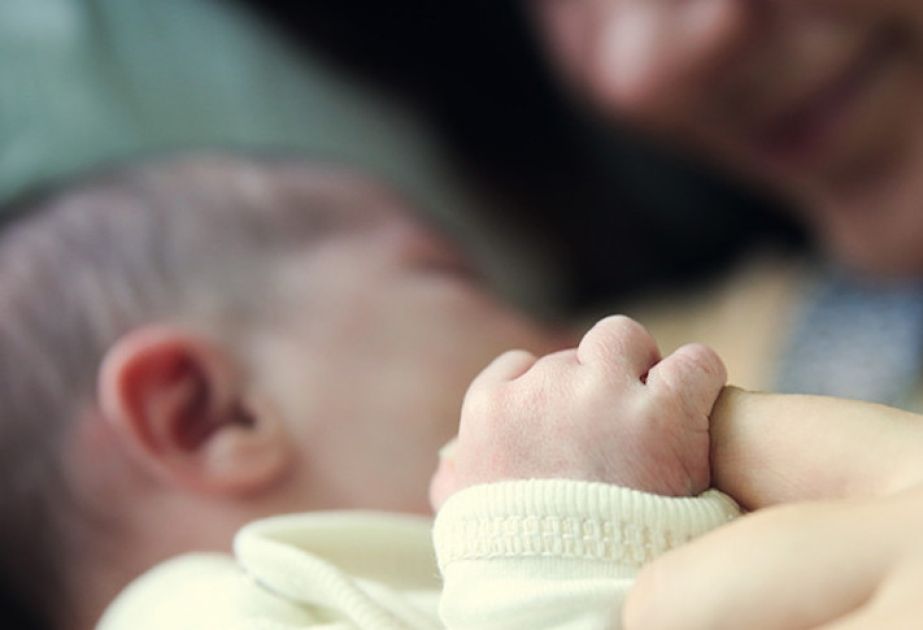Birth rate in European Union falls to record level

By Alimat Aliyeva
Although the European Union (EU) projected a birth rate of around 4 million in 2023, the actual number has fallen significantly, Azernews reports.
According to the European statistical service Eurostat, the number of births in the EU in 2023 decreased by 5.5 percent compared to the previous year, totaling 3 million 655 thousand. This marks the lowest figure since 1961, when detailed statistics on births began to be recorded.
The decline in birth rates is most pronounced in the Baltic States, Greece, Spain, Italy, Poland, and Finland, where the number of children born has decreased by at least 25 percent over the past decade. Experts attribute this decline to various factors, including economic challenges, rising living costs, and changing social norms.
A lower birth rate poses significant challenges for the EU's future. Experts warn that it will result in a shrinking working-age population, which will lead to increased healthcare and pension costs. Furthermore, it will place a growing burden on the state budget, making it harder for governments to sustain public services and social programs.
Historically, the birth rate in EU countries peaked in the 1960s, when an average of 7 million children were born annually. Since then, the decline in fertility has been gradual, with current rates reaching unprecedented lows.
Some experts suggest that the trend may be exacerbated by the impact of the COVID-19 pandemic, which disrupted economies, delayed family planning, and created a sense of uncertainty about the future. Additionally, the growing trend of delayed marriages and childbearing, along with the financial pressures of raising children, could further contribute to the decline.
To address these challenges, governments in the EU may need to implement policies to support families, such as offering better financial incentives, enhancing childcare availability, and improving work-life balance. If these measures are not taken, the demographic changes could lead to a future labor shortage and place greater strain on European economies.
Here we are to serve you with news right now. It does not cost much, but worth your attention.
Choose to support open, independent, quality journalism and subscribe on a monthly basis.
By subscribing to our online newspaper, you can have full digital access to all news, analysis, and much more.
You can also follow AzerNEWS on Twitter @AzerNewsAz or Facebook @AzerNewsNewspaper
Thank you!
